What is success for a performing artist today?
Thirteen years ago, I would have answered this very differently than I do now. I operated with a limited definition of success, viewing it through a pigeon-holed lens. I thought that to be a “real” musician, you had to win the next great orchestra job, the top prize at an international competition, or the celebrated teaching position at “X” university. But as I progressed through my academic and early career journey, my ideas about success transformed.

When I graduated high school, I wanted to be an orchestral harpist. I loved playing in orchestras and found it a thrilling career to pursue. Cut to three years later. The scene: Eastman harp studio class. Scenario: A recent alumni, having just won an orchestral harp job, returns to talk about their experiences. As I listened, hoping to hear things that would validate my understanding of success, my desire to be in-demand as a solo/orchestral harpist, the realities of the gritty audition process broke over my head like a cold deluge of water. The whole thing sounded awful — I didn’t want to do that at all! It was a destabilizing moment for me in many ways. Here is this instrument that I love and this style of performance that I love, but the path to get there will absolutely rob me of the things that make me love it. Rather than reeling into a full existential crisis over this new realization, I made the decision to step back and change my perception instead of my passion. Taking stock of what I truly wanted boiled down to this simple idea: I wanted to make my living using the harp, in whatever way that presented itself and wherever the best opportunity might be.

This openness proved key as I discovered a real passion for teaching through my college pedagogy courses. In graduate school I matriculated with teaching as my career focus and solo and chamber performance as my driving passion as a performer. Fast forward through a few degrees — and a few mental breakdowns as I navigated the pursuit of my career, balancing burnout with ambition, and evolving ideas about “success” — so many memories, laughs, and meeting my lifelong love… I got a JOB! Was it the college job I had thought was my logical next step? No. It was a full-time public-school teaching job for a nonprofit harp program in Atlanta, GA — something I never even considered as a career, and now, six years later, I am an artistic director and absolutely loving it.
“Success” itself is a double-edged s-word. On one side, there’s public perception — your education, your job, your social media — and on the other side, your personal perception — are you happy, fulfilled, balanced? So, when asking, “What is success for a performing artist today?” I, in return, must ask “What dictates so-called success?” Must you pay all your bills through artistic pursuits, or can you have a non-musical day job? Can you be a respected educator with a private studio instead of a college one? Can you perform for free and for fun and still be a “serious” artist? Maybe you win that university position, but it’s only part-time and without health insurance, so you need to work part-time elsewhere to support yourself. Are your achievements and abilities diminished? Absolutely not. As we leave the “safe” confines of the academic world, reality sets in, complicating the idealized dream worlds many of us imagined in college. I think it’s important not to let society, social media, or even our educational training in the academic environment, curate the idea of success for us — define it for yourself.
Especially nowadays, you can scroll through various platforms and see people posting about their gigs and performances, and you might feel that you are somehow “lesser than” if you can’t match what you see coming across your newsfeed. As performers, we spend so much time preparing to present our polished selves in public forums, such as recitals and concerts, that it can be hard to break the habit of continually “proving” ourselves in an online capacity. It is important to remember that your identity as a musician doesn’t change whether it’s your full-time gig or your side hustle; and while social media can be extremely valuable and helpful, comparison is the thief of joy.


In my current understanding, the most “successful” performing artists are those that engage in a “portfolio career,” playing many roles across multiple organizations, not just holding one position at one place. Personally, embracing a portfolio career has helped me feel not only successful but fulfilled. Currently, I teach full-time at a public school and part-time at a university, manage a private studio, compose music, and perform with regional orchestras, in a professional harp and flute duo, and as a soloist. Is it a lot? You bet. Lately, I’ve been struggling to find a better work-life balance. When the pandemic hit, teaching virtually was my only thing and my everything, and I was grateful for it. However, I began to experience burnout and had to check in with myself to admit that I was teaching too much and needed more time to perform to feel most at home as an artist. Because of that, I am in the process of gradually reducing (and eventually eliminating) my private studio. So, even though I feel personally successful in all my roles, I recognize that I am still evolving and finding the right balance for myself.

So now, I ask you to join the conversation: What defines success for you? Has it changed over time as your own career has developed? How can (or do) you create space for yourself to feel successful?
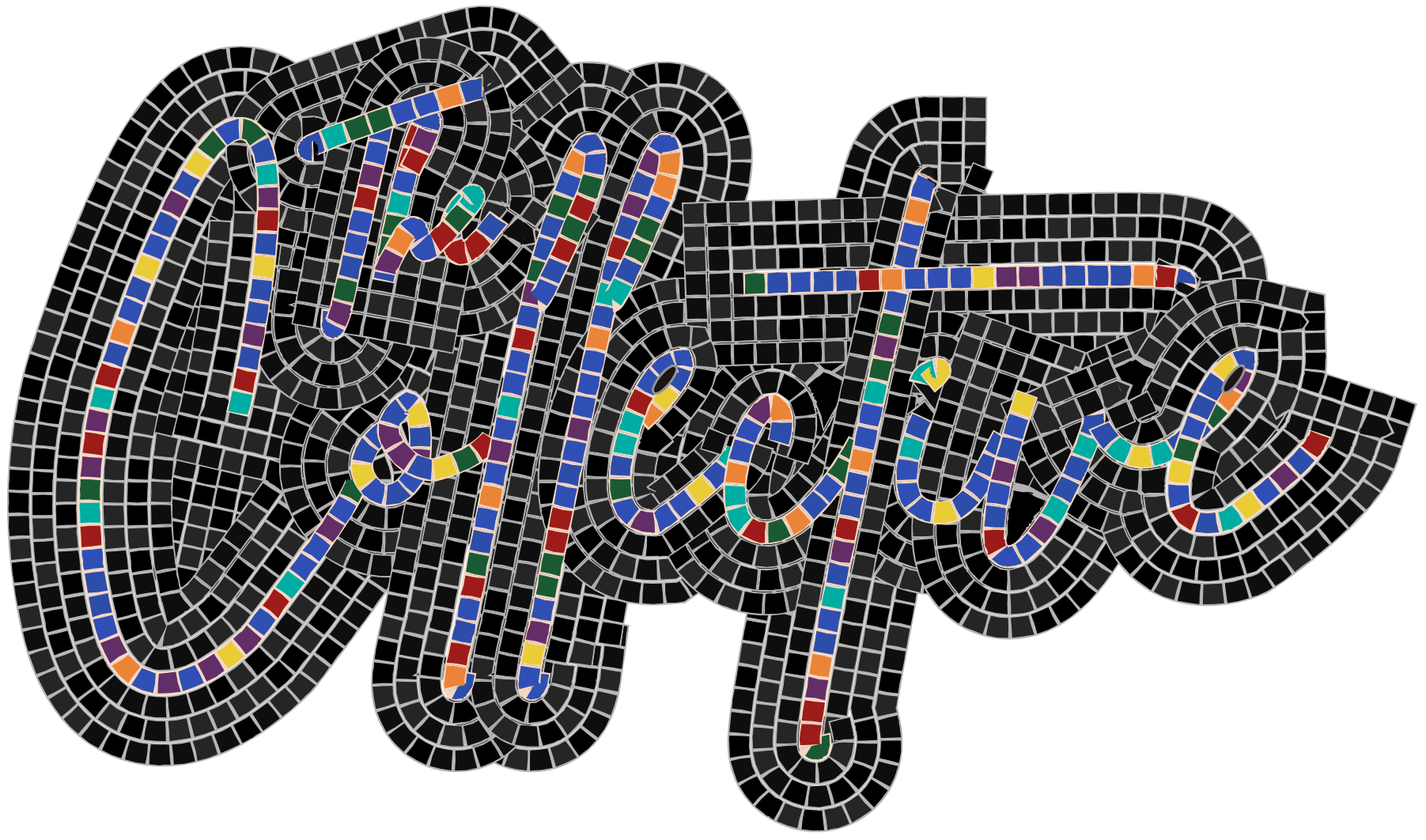

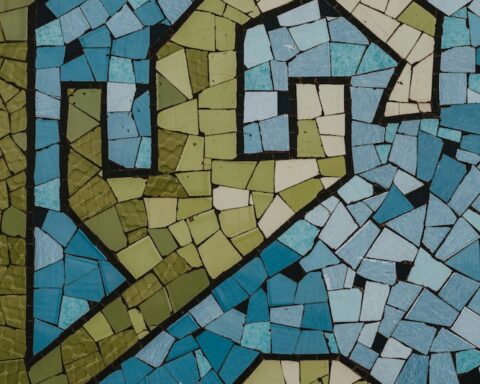
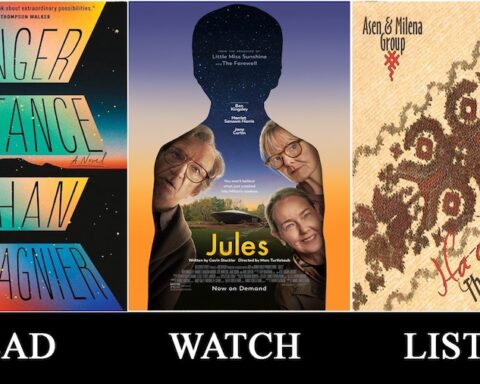
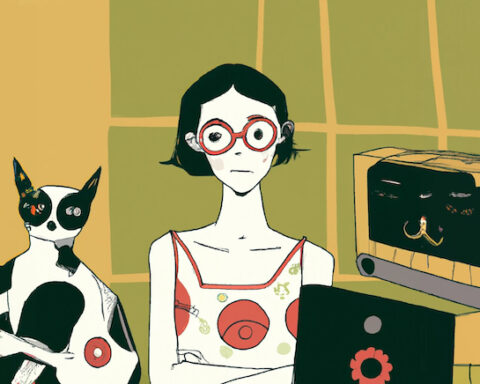
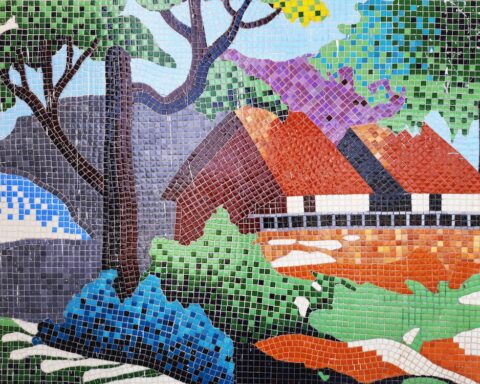
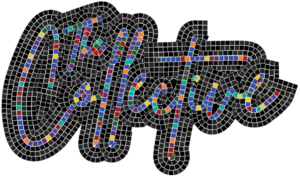

Beautifully written, Molly. I’m going to share this with my students during our final week of class. It is a great summation of the 21st century musician mindset, which I think is more about resilience, flexibility, and open-mindedness than it is about being up to date on the trends.